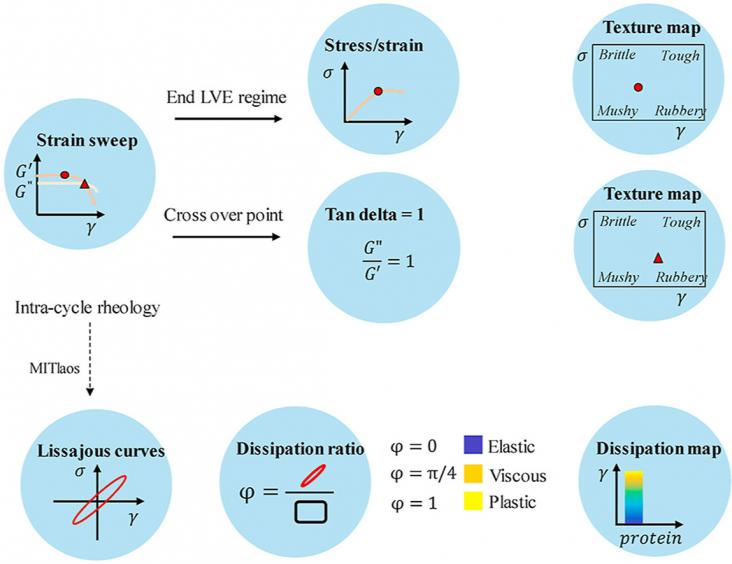This article discusses current initiatives in several areas to contribute to a climate resilient Bahamas, and prioritizing mental health and psychosocial support for survivors of climate disasters.
This investigation describes patient and family responses to climate change counselling administered by one pediatrician in a Wisconsin clinic.

The development of next-generation meat analogues can be accelerated by in-depth knowledge of the rheological properties of dense biopolymer blends.

The accessibility concept provides a suitable framework for the achievement of sustainable land use and transport systems.
Renewable energies have been discussed as the main efficient solution for solving many issues regarding climate change.
Urban areas are critical in accomplishing the clean energy transition and meeting the climate goals in the Paris Agreement.
The purpose of the present paper is to disentangle the mechanisms that connect climate change-induced disasters, inequality and vulnerability by accounting for both directions of causality.
Deforestation in Ituna/Itatá Indigenous Land increased 654% between 2018 and 2019. 94% of Ituna/Itatá has been claimed in the Brazilian Rural Environmental Registry. Belo Monte dam and Belo Sun mining project cause land speculation in Ituna/Itatá. Brazilian government policies threaten forest protection and indigenous peoples. Unilateral land tenure regulation would obstruct Indigenous Lands demarcation.

As large renewable capacities penetrate the European energy system and the climate faces significant alterations, the future operation of hydropower reservoirs might deviate from today.
To prevent the most catastrophic health effects of climate change, urgent reductions in greenhouse gas (GHG) emissions are needed from all sectors to meet the goals of the Paris Agreement, along with those of the Race to Zero: to halve emissions by 2030 and achieve net zero emissions by 2050. The health care sector is not exempt from this charge.
